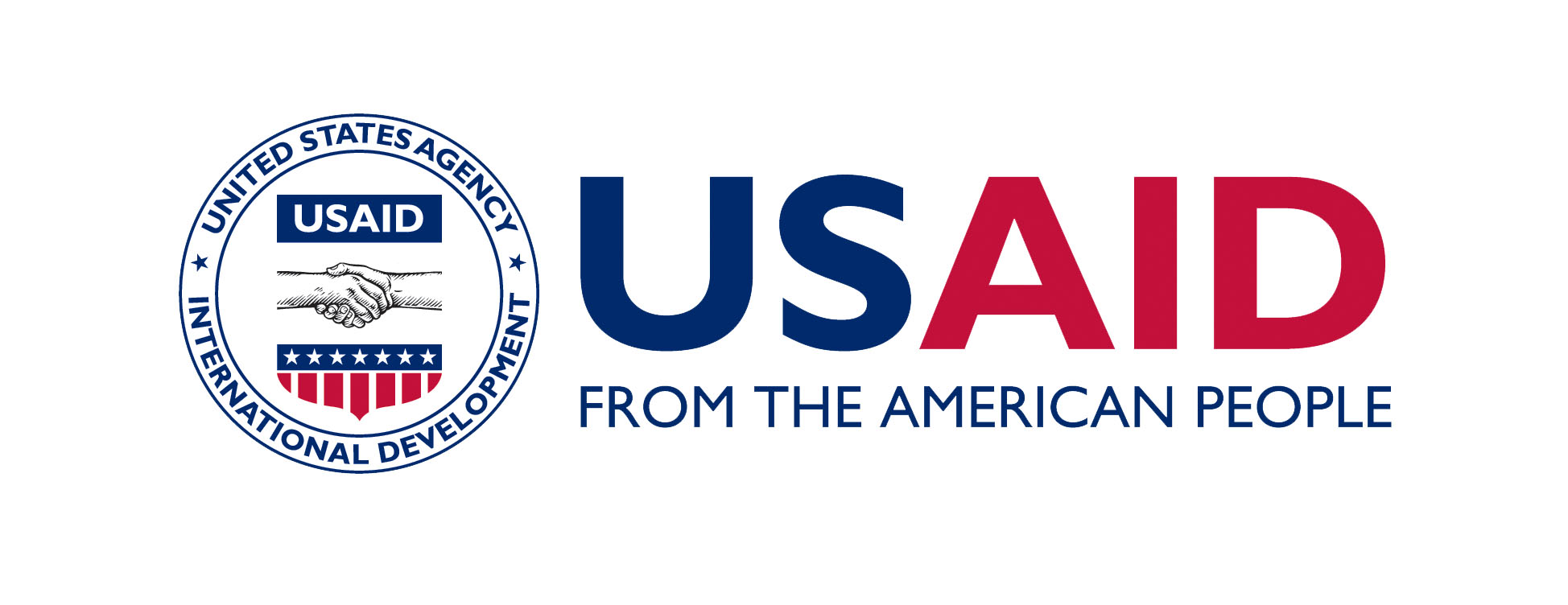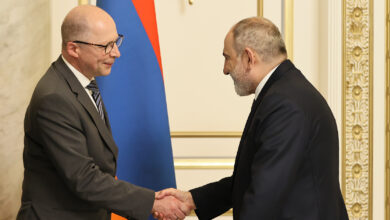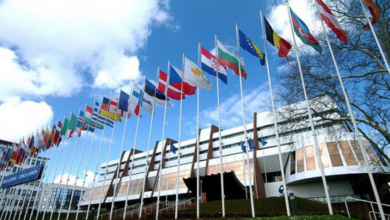USAID program reveals key findings of the study on access to finance for micro, small and medium enterprises in Armenia

On January 22, the USAID-funded Finance for Economic Development (FED) Program presented the results of its study to improve access to finance for micro, small and medium enterprises (MSMEs) in Armenia, with a particular focus on rural and under-served markets. The study offers over 100 recommendations of specific actions that will improve MSME access to finance. The event was attended by representatives of USAID Armenia, the Ministries of Economy, Finance, Justice, and Agriculture, as well as the Central Bank of Armenia, international and local financial institutions, Unions of Banks and Credit Organizations of Armenia, the SME Development National Center, and MSME supporting organizations and other stakeholders.
According to the assessment, poor access to finance is a systemic challenge in Armenia. About half of the country’s MSMEs do not utilize finance from formal sources — most of their financing either comes from family or friends, or they do not borrow at all. Furthermore, MSME’s in rural areas and smaller cities who do access finance operate at a disadvantage because they face a higher rate of interest. Those who do borrow tend to only request small loans to cover current operating costs, rather than loans for investment. This restricts MSME businesses from growing and creating jobs.
To improve the situation on the supply side, the study suggests actions that focus on improving credit enforcement, creating innovative programs that will increase access to funding in Armenian drams, lowering regulatory barriers, encouraging the growth of bank and non-bank lending to productive businesses, and improving a variety of financial support services. On the demand side, the study highlights improved quality of information for businesses, enhanced capacity of business owners to meet lender conditions, better management of collateral and improved dialogue with the policy makers.
“Our recommendations are based on market-based solutions. Government and donor support in the form of special credit lines and subsidies can help, but it is neither enough nor sustainable over the long run. Improved access to finance would improve the well-being of the financial system, and the measures outlined in the paper would yield reduced risk, lower costs, and improved information flows,” USAID FED Program Manager Sisak Mkhitaryan said, noting that a right mix of Government leadership and public-private collaboration would be essential to overcome the existing challenges.








